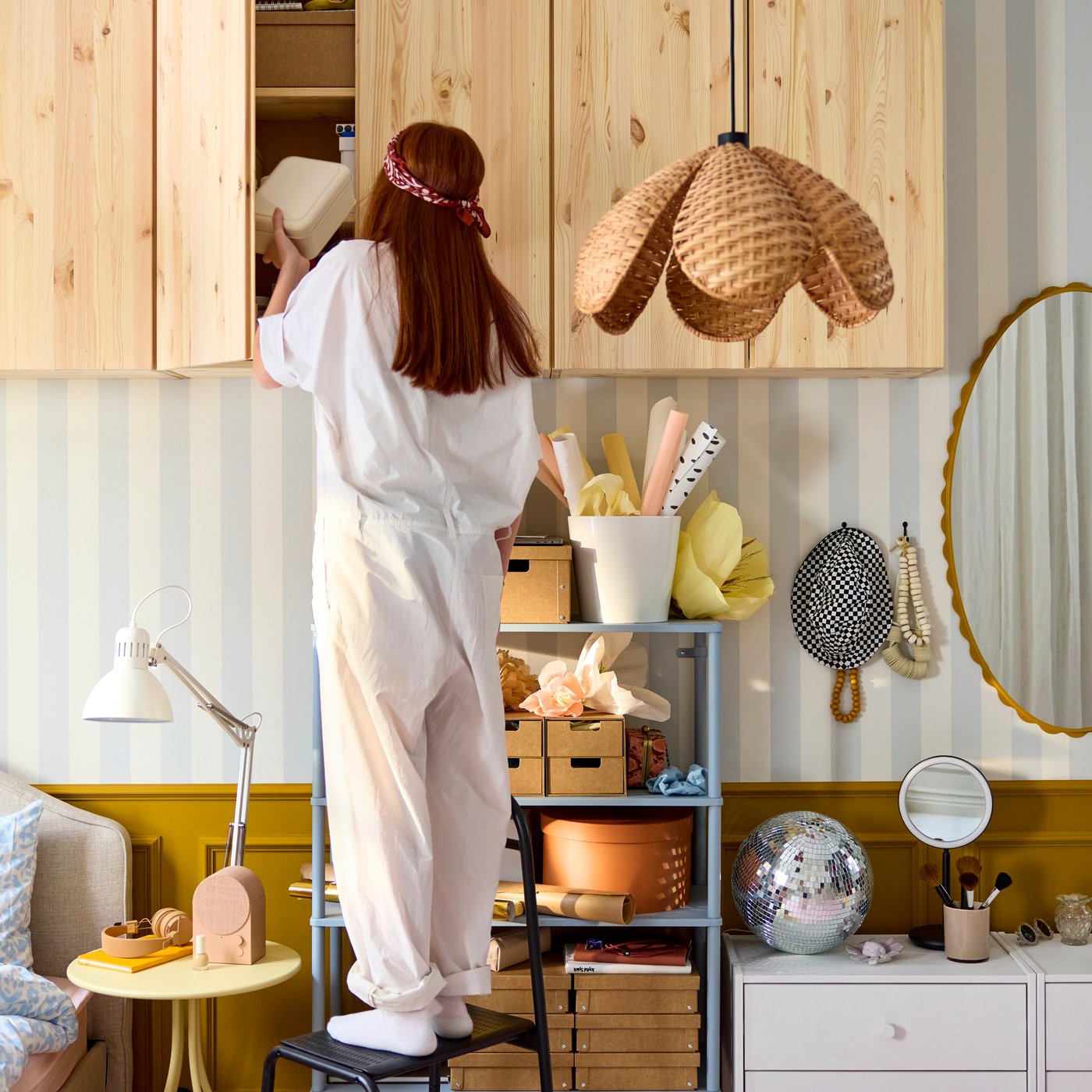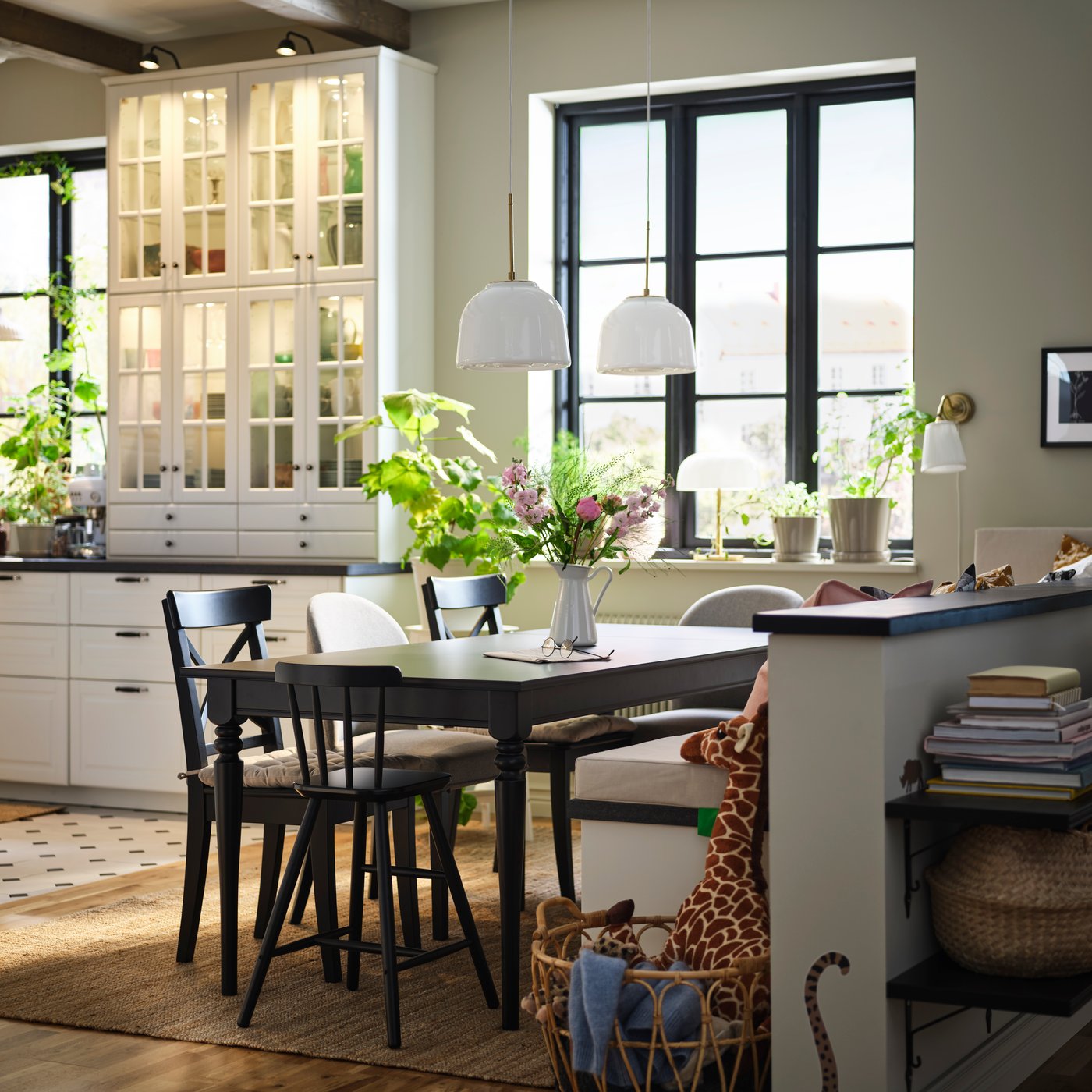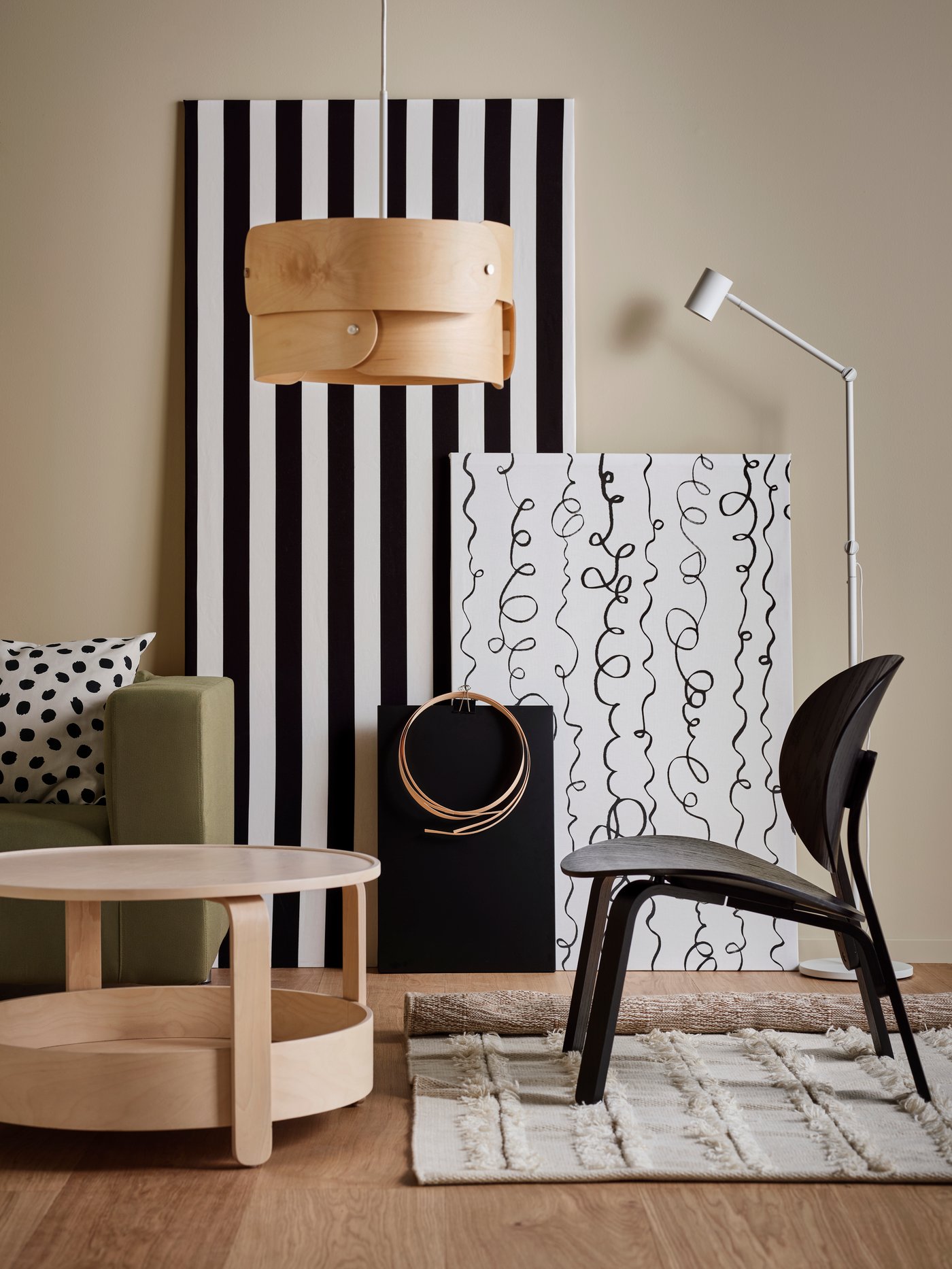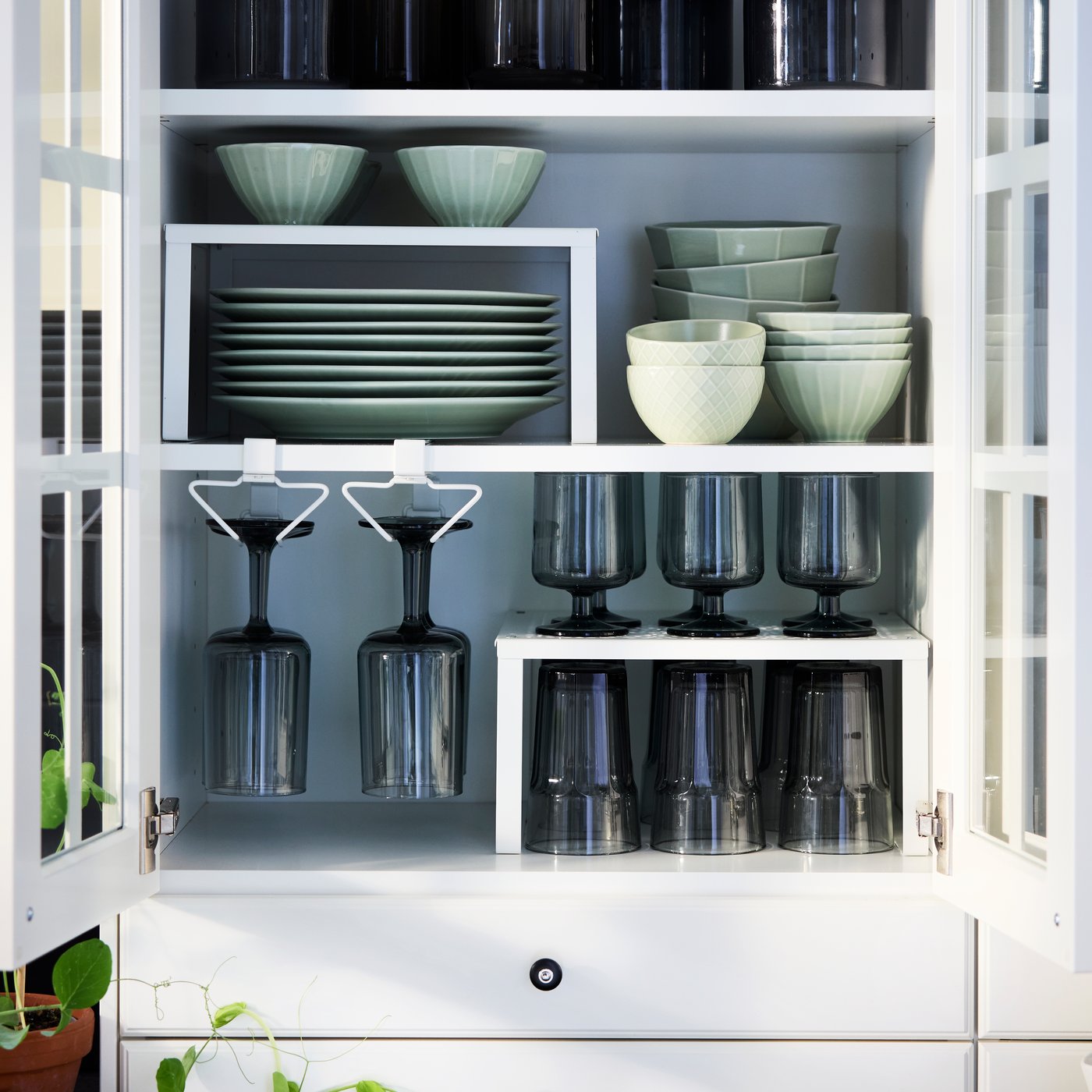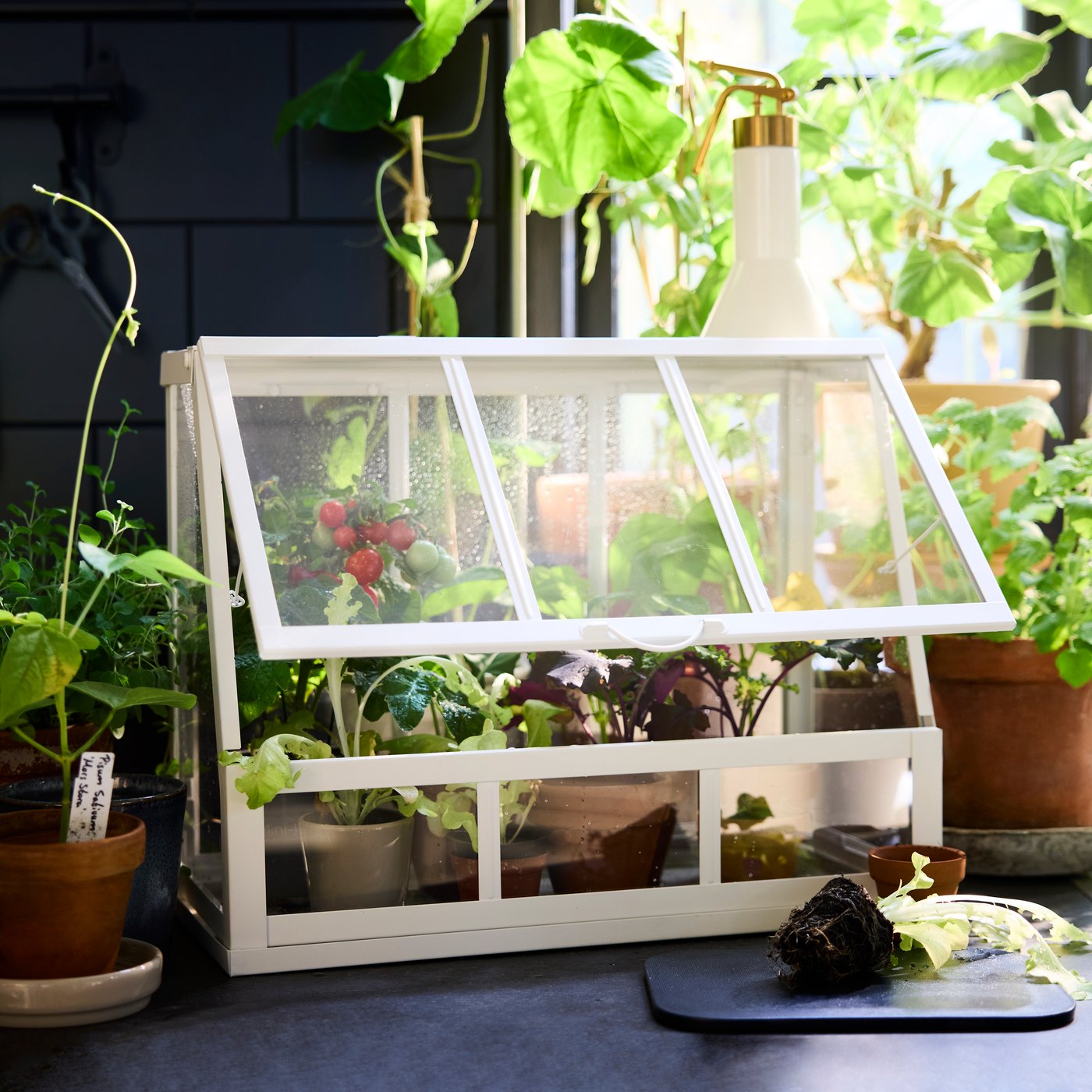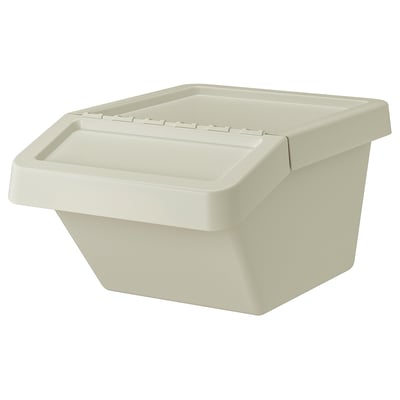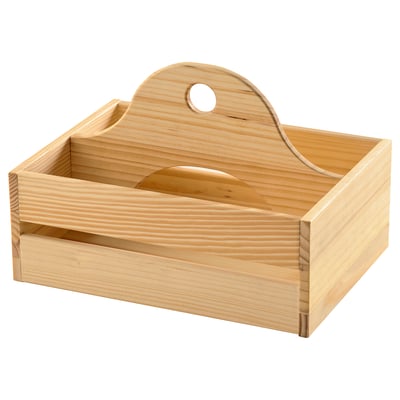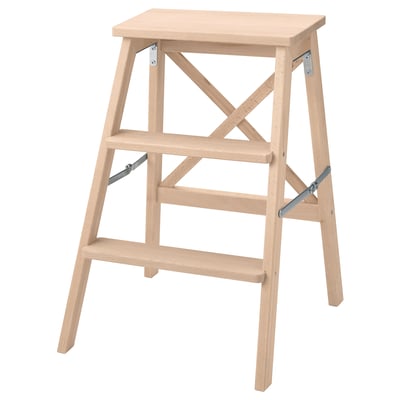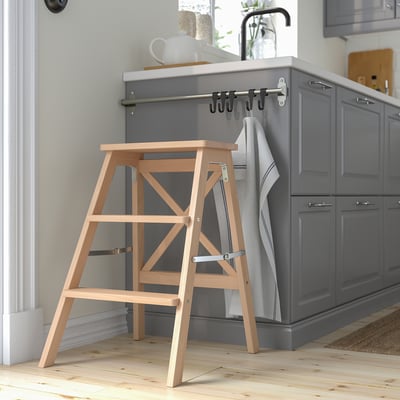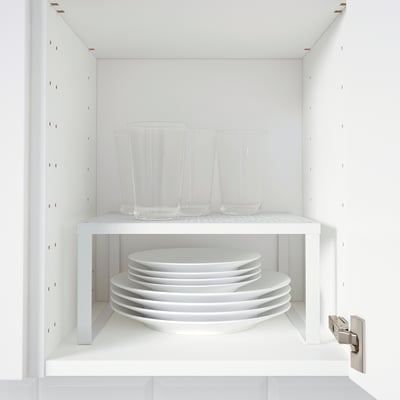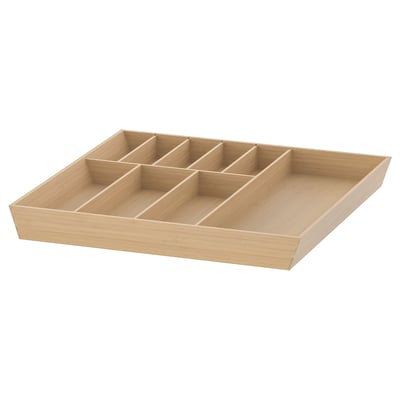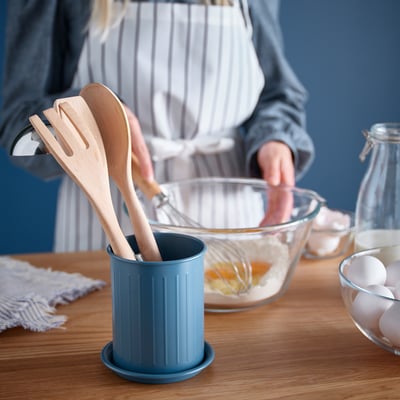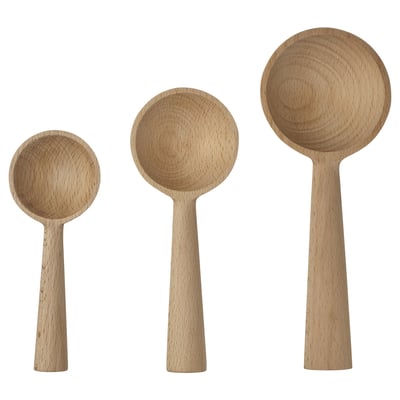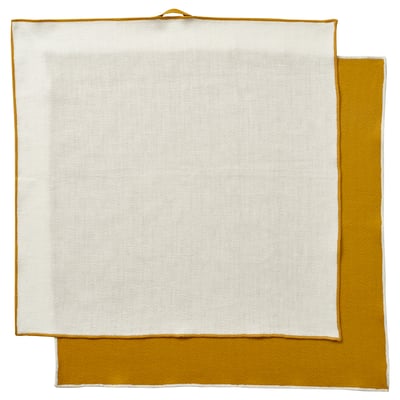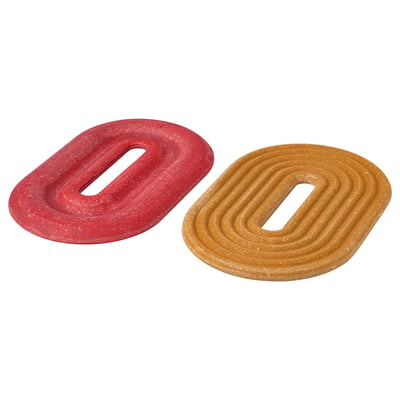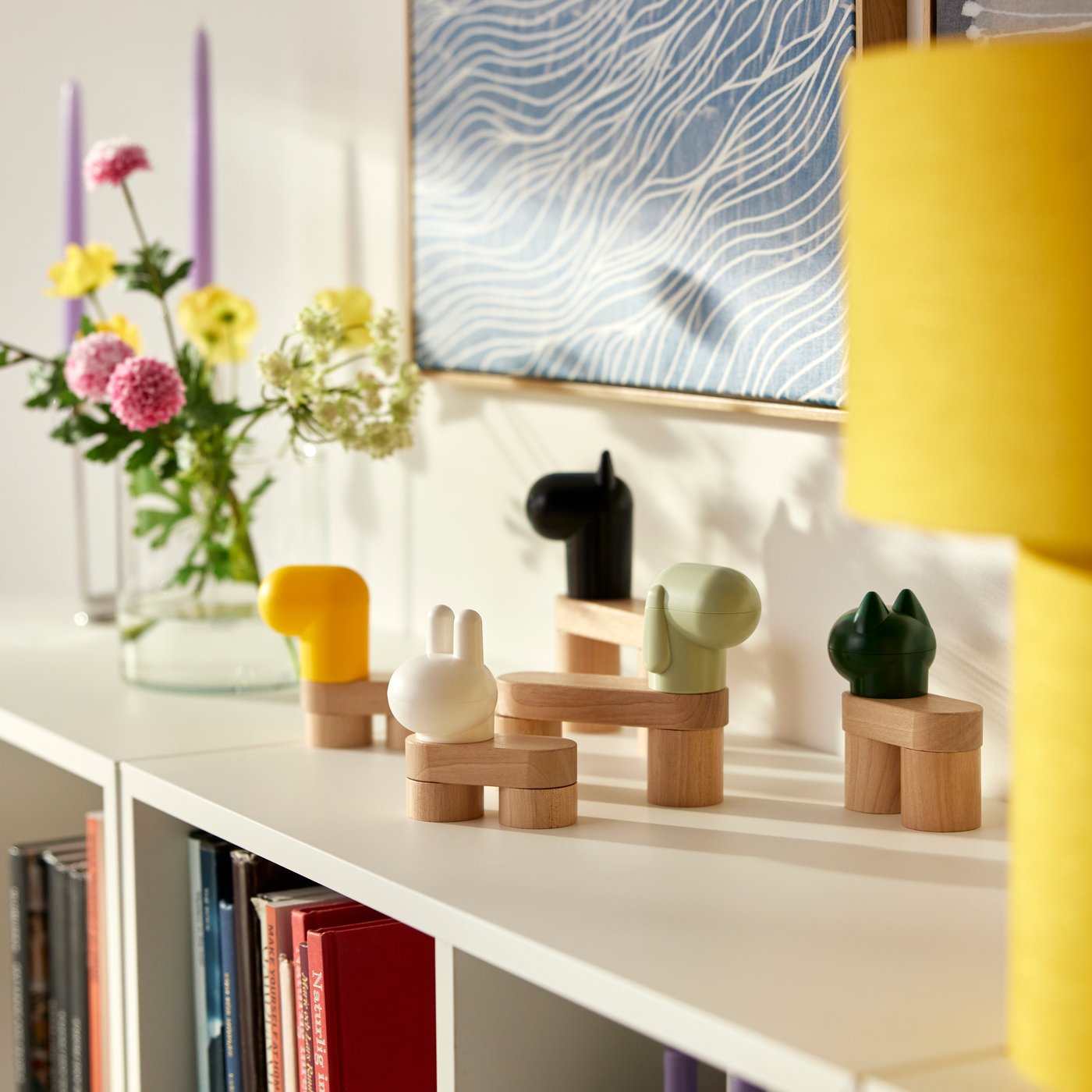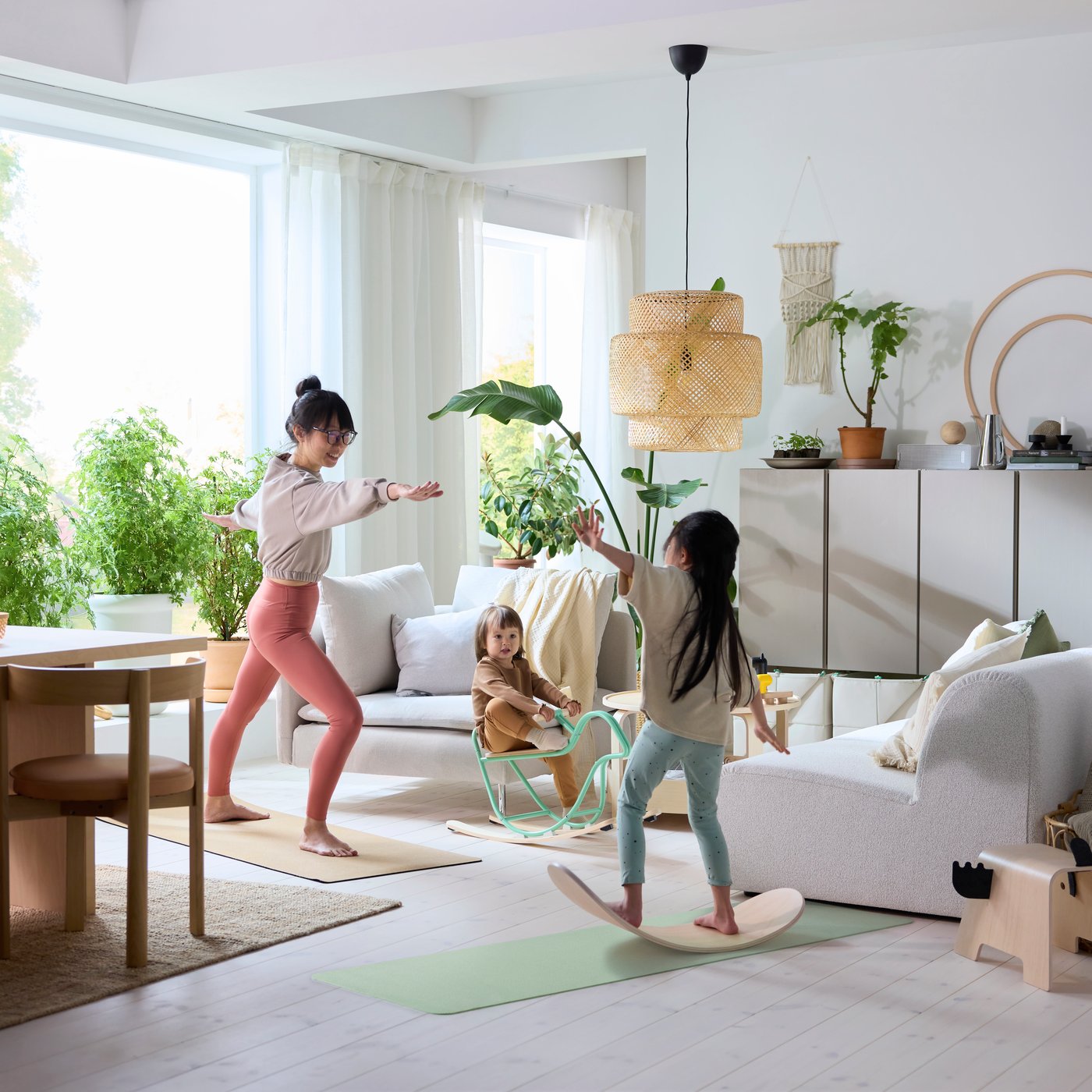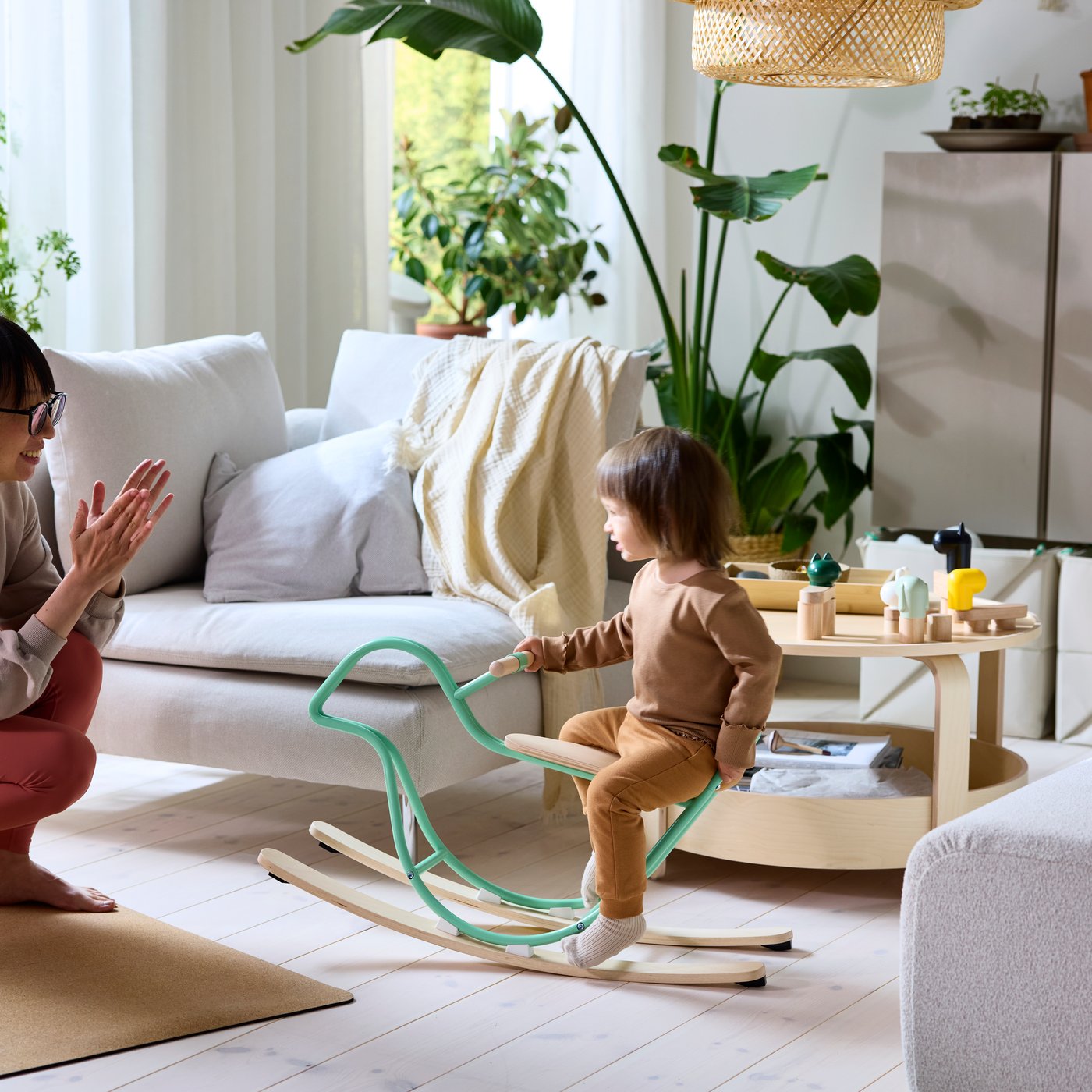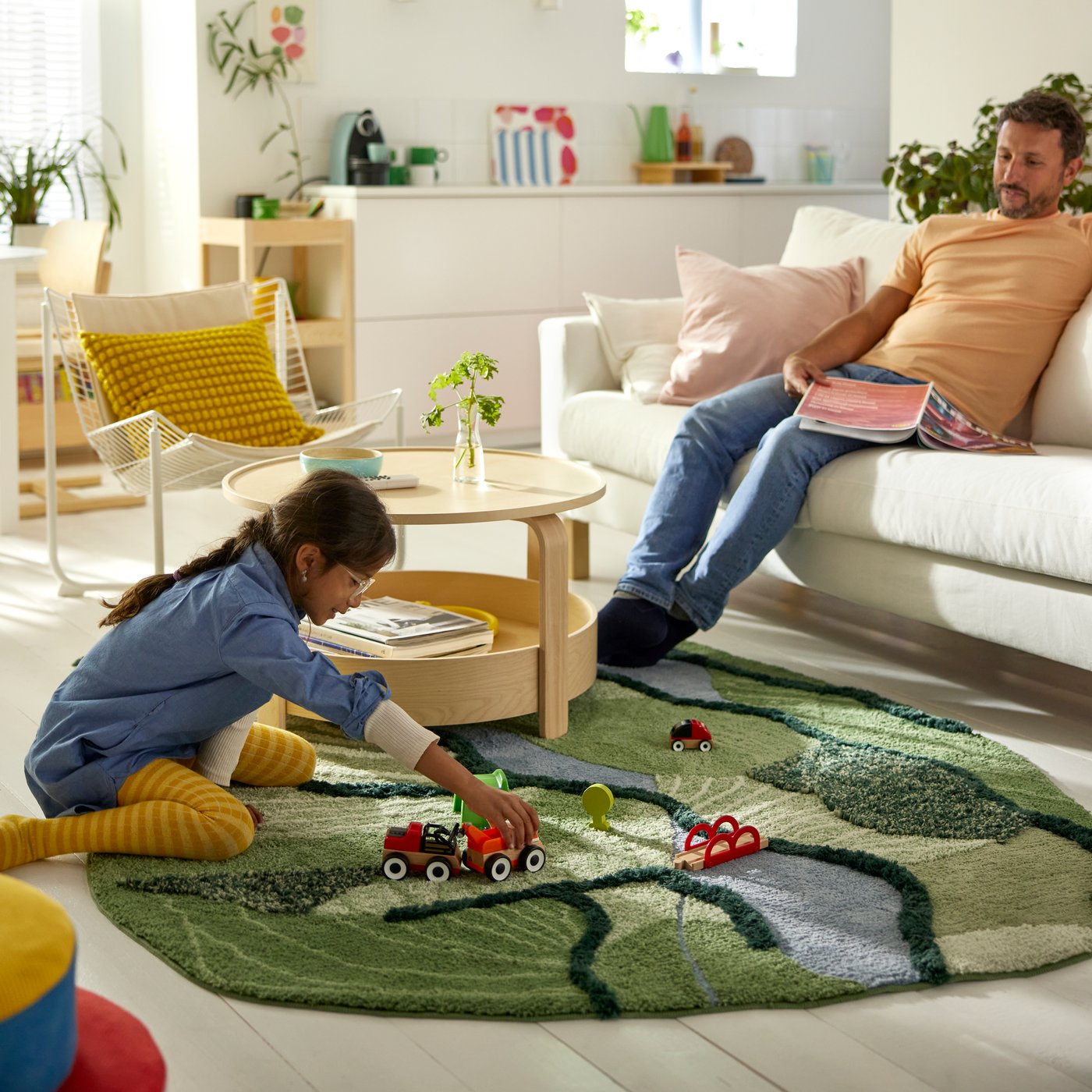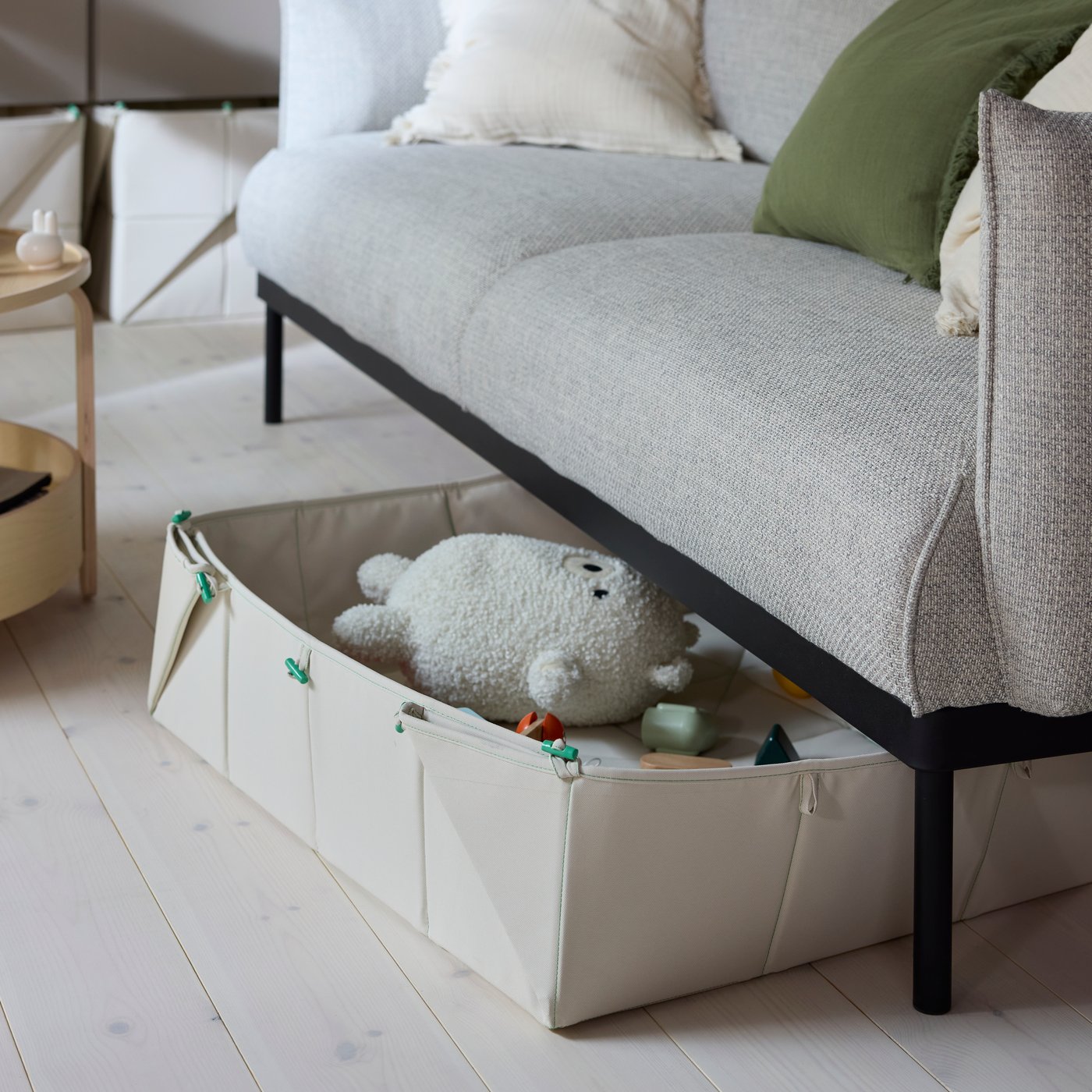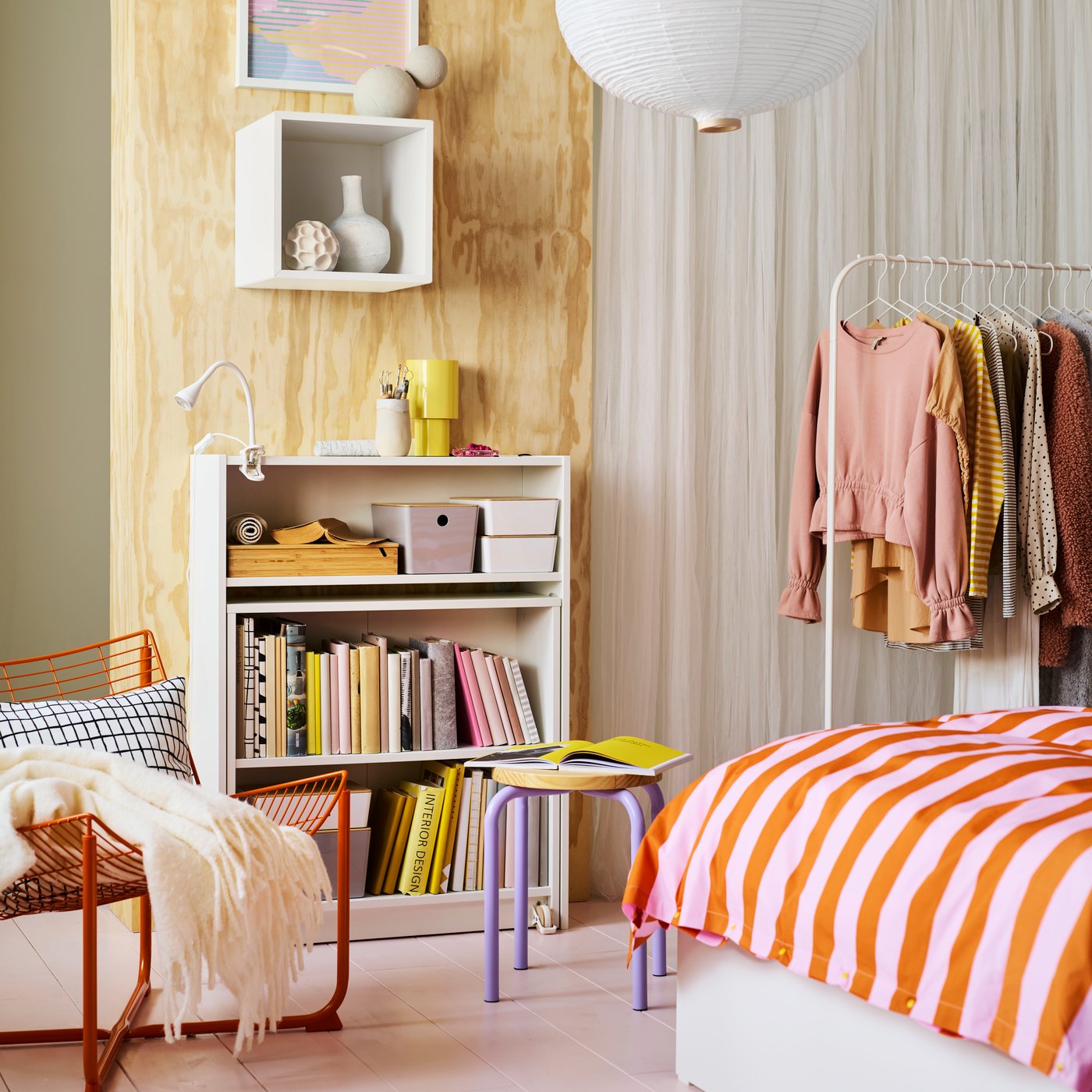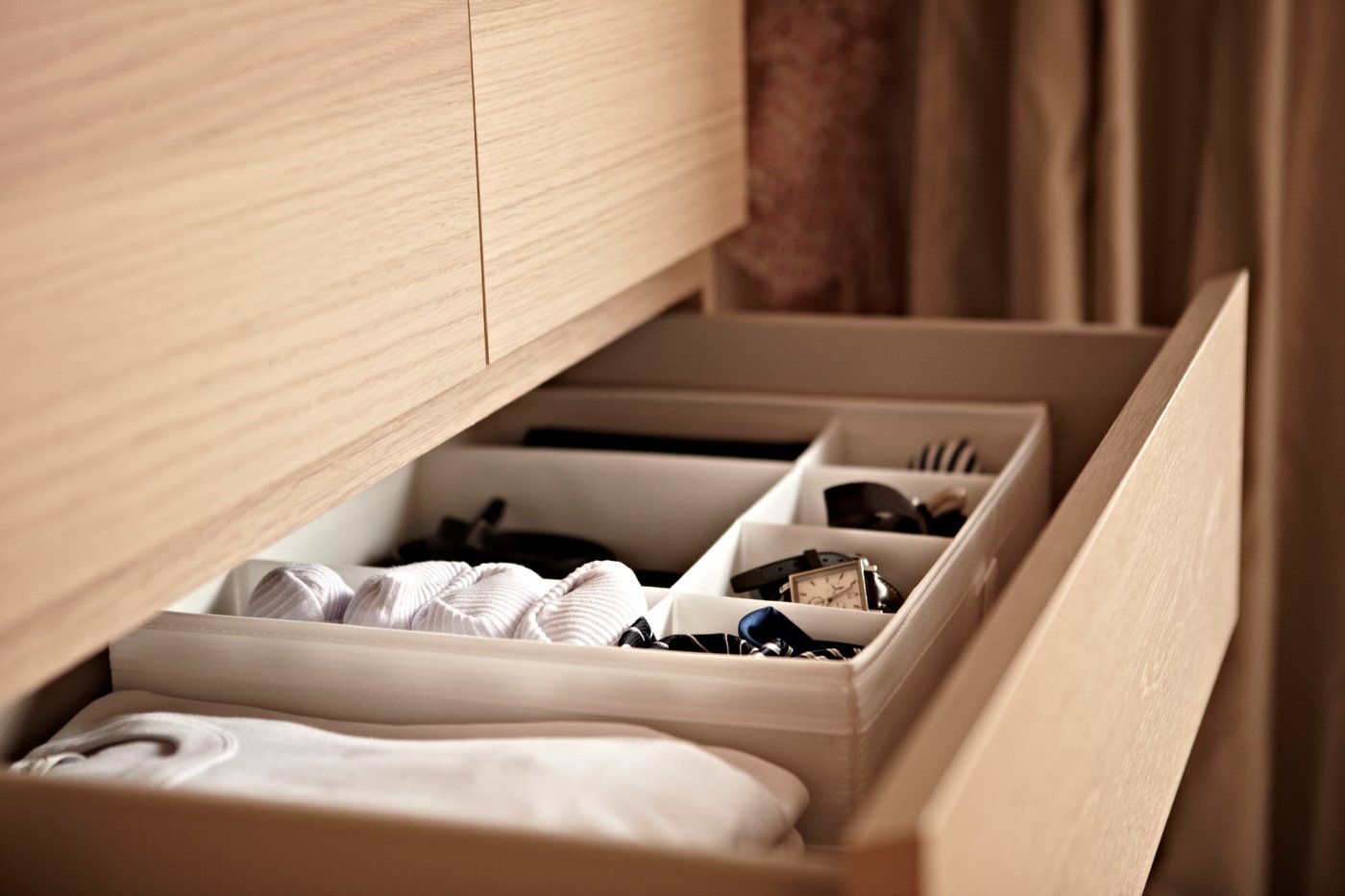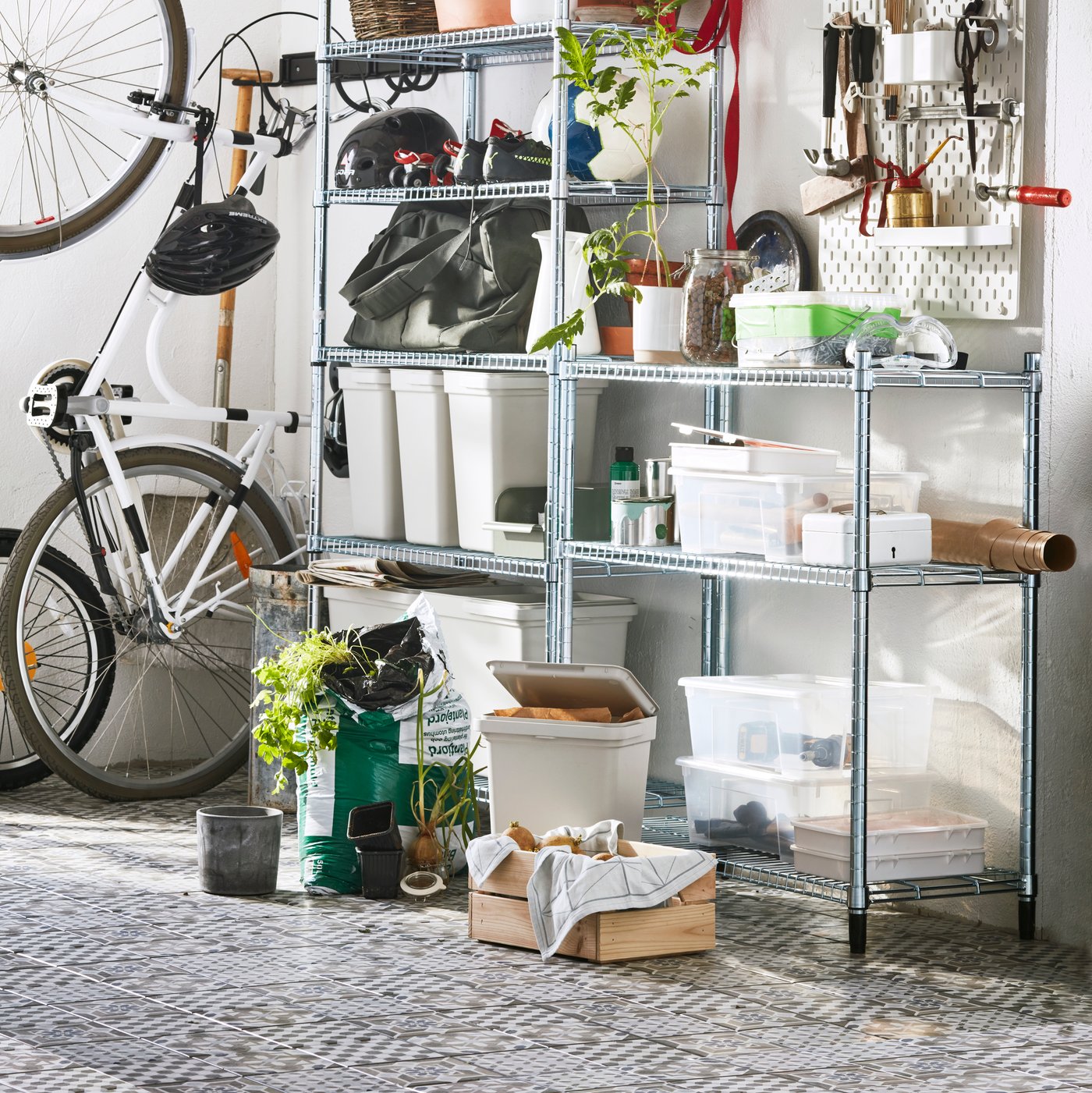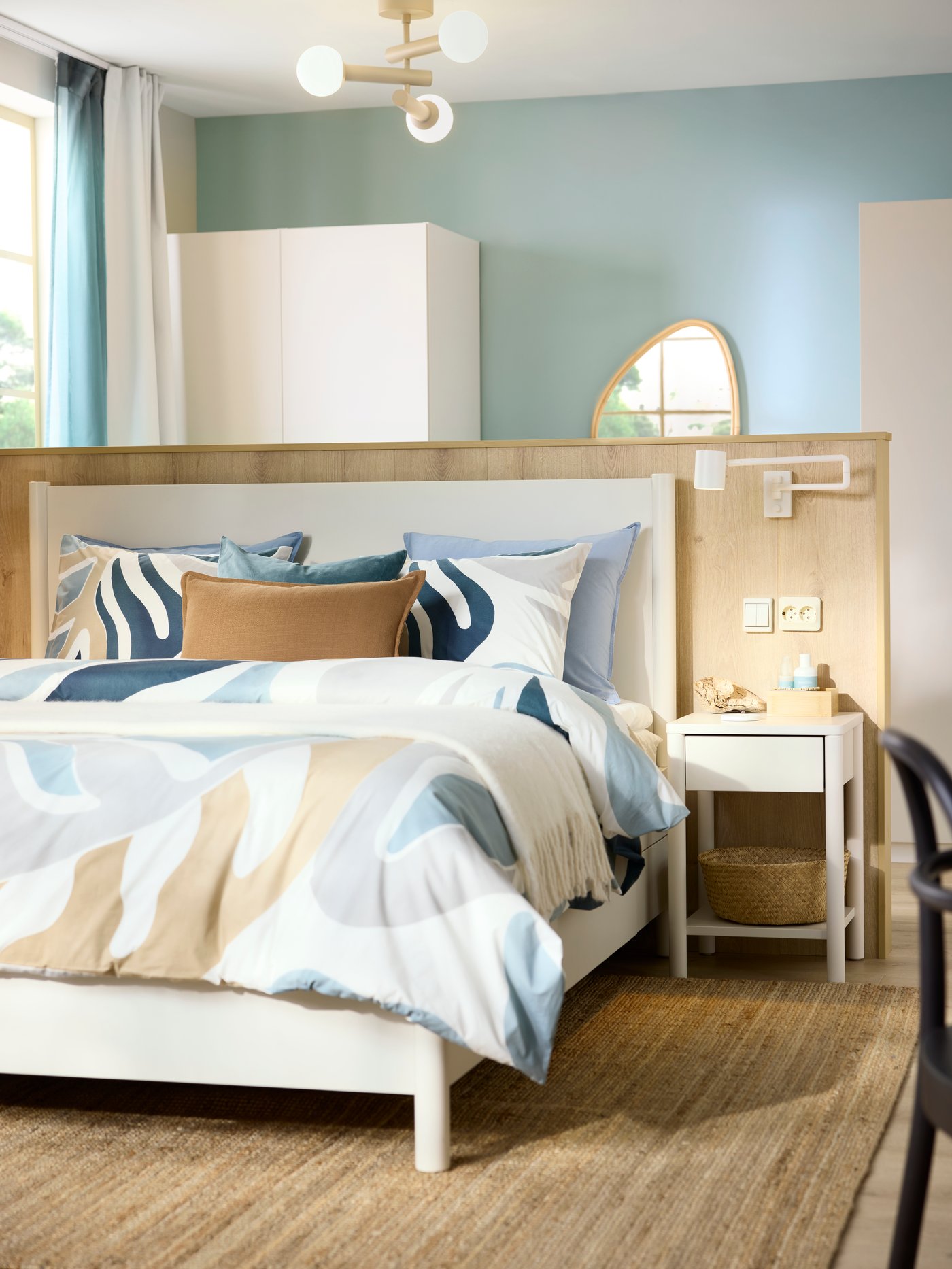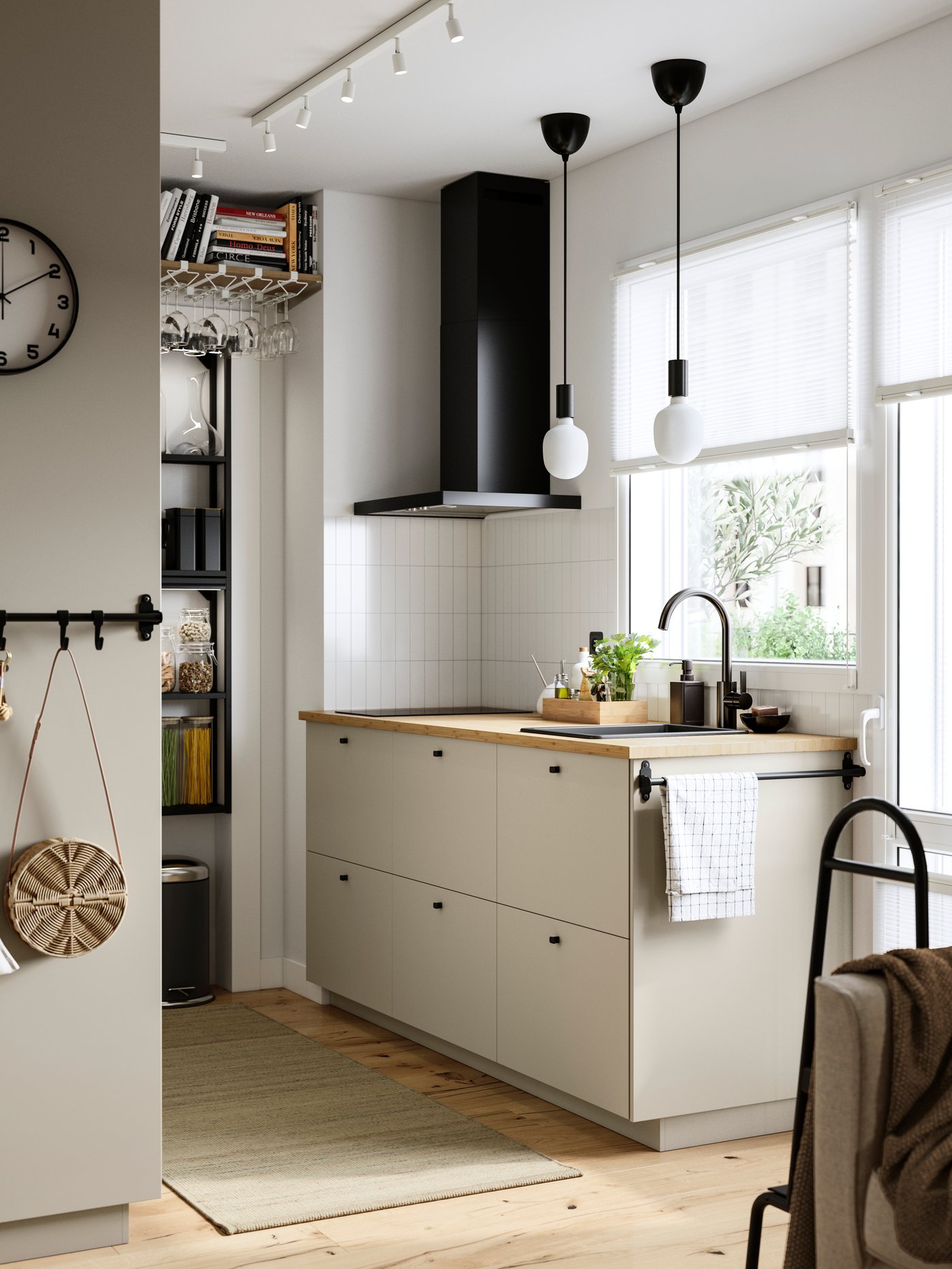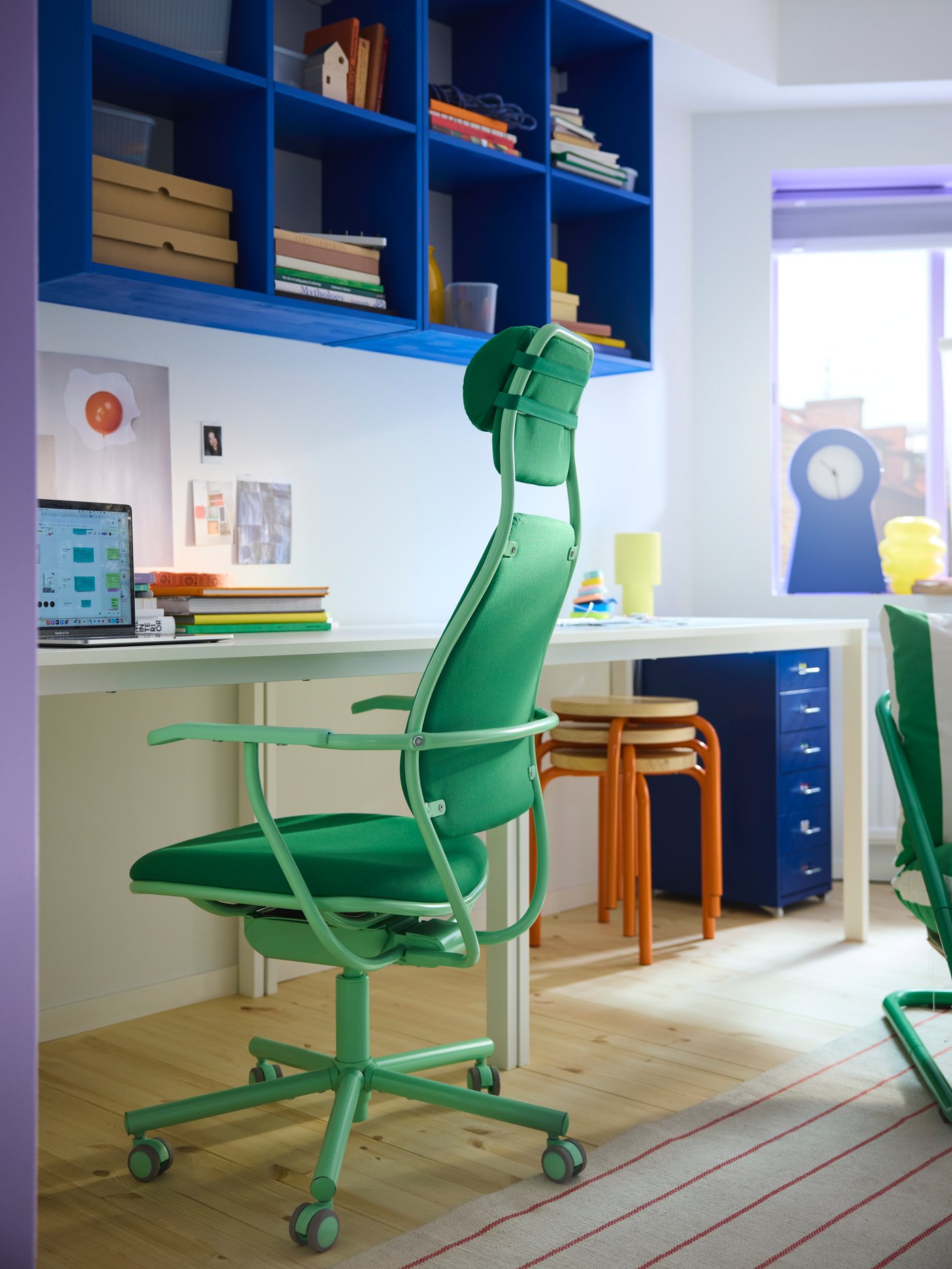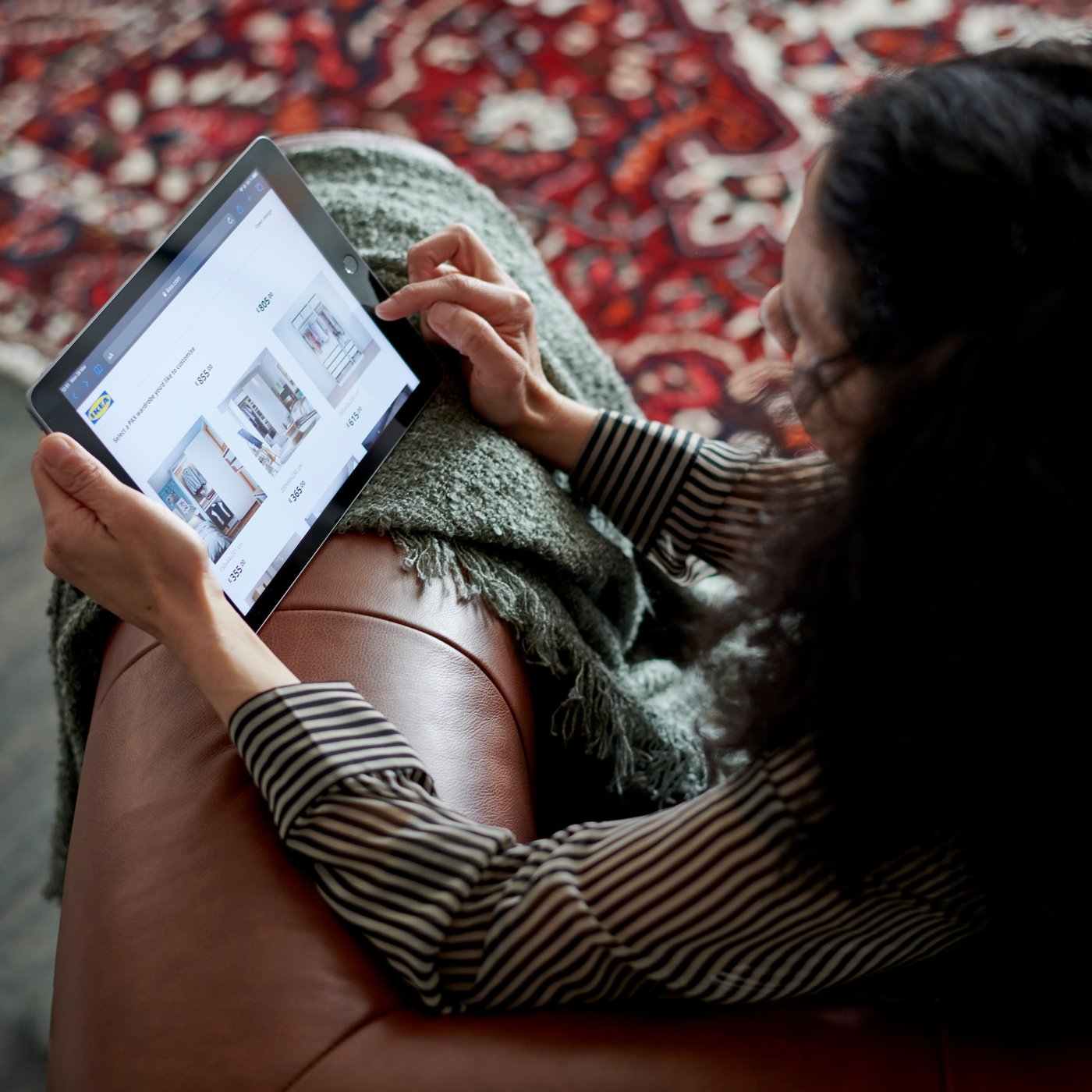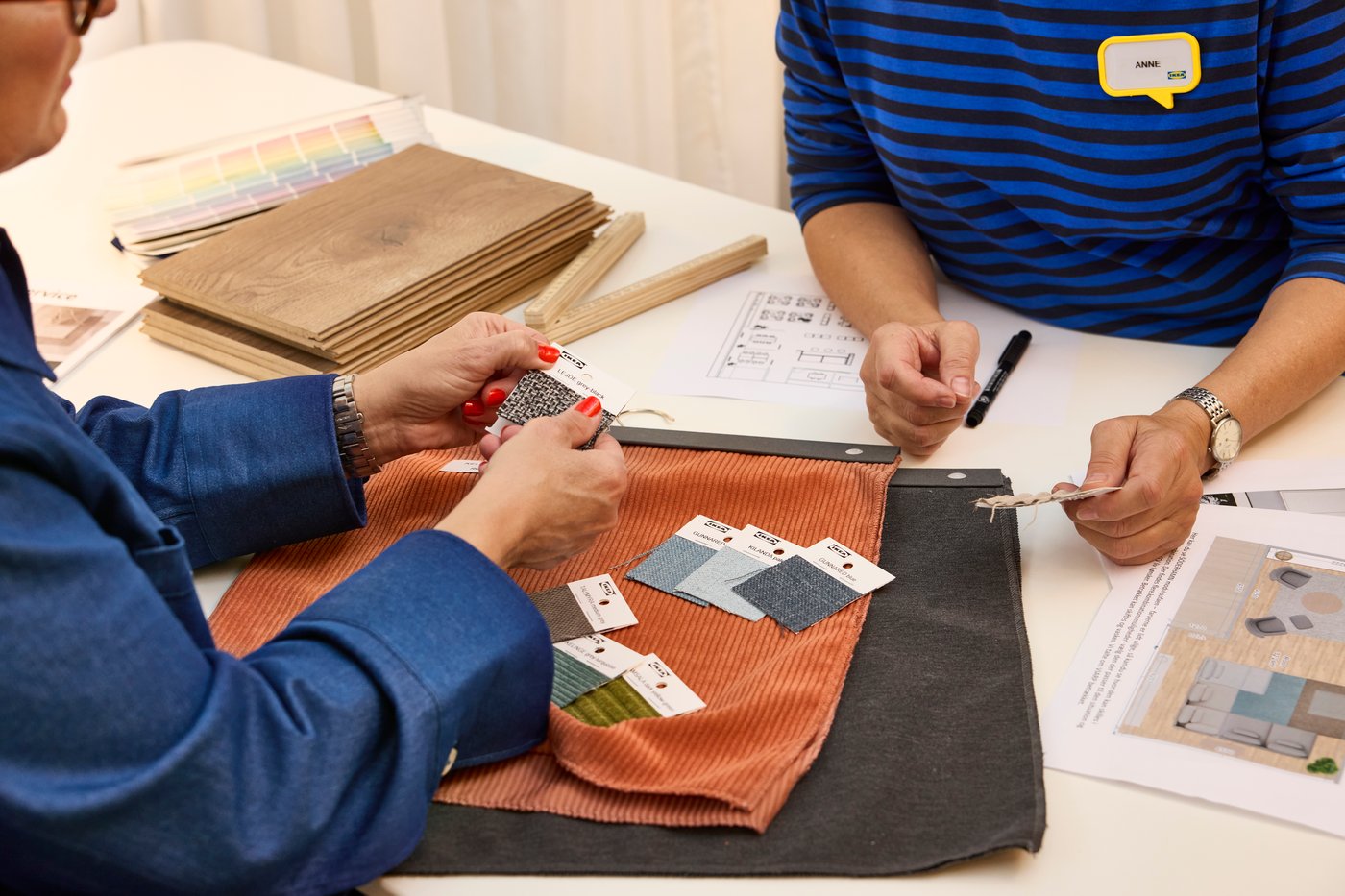Tips and ideas for the home
Find ideas to kick-start your next project and freshen up your home decor. Use this page to view IKEA products that solve common, everyday problems, and find what inspires you.
Organised kitchens – inside and out
There's no point in your kitchen looking tidy on the outside if it's complete chaos inside your drawers and cupboards. Equip your interiors with organisation accessories and you'll always find what you're looking for.
Make space for playfulness hidden in plain sight
Building blocks that double as decoration. A sleek rocking bird and a simple balance board in layered birch. Or a rug that is both beautiful and a whole world to explore. There’s a lot to be said about the benefits of playful items that you’ll want to keep on display. They may be just the nudge needed to get playing.
Gifts that will make you fall in love on Valentine's Day

Gifts that will make you fall in love on Valentine's Day
For more inspiration…
IKEA Live, the best live experience
IKEA Live features tips for life at home, design ideas and fun IKEA-related situations. Perfect for finding inspiration and becoming a decorating expert.
A made-to-measure home
Also discover how our interior designers gave these real family spaces a complete overhaul. Get ready to be inspired and let your imagination run wild with these episodes of "A made-to-measure home".
